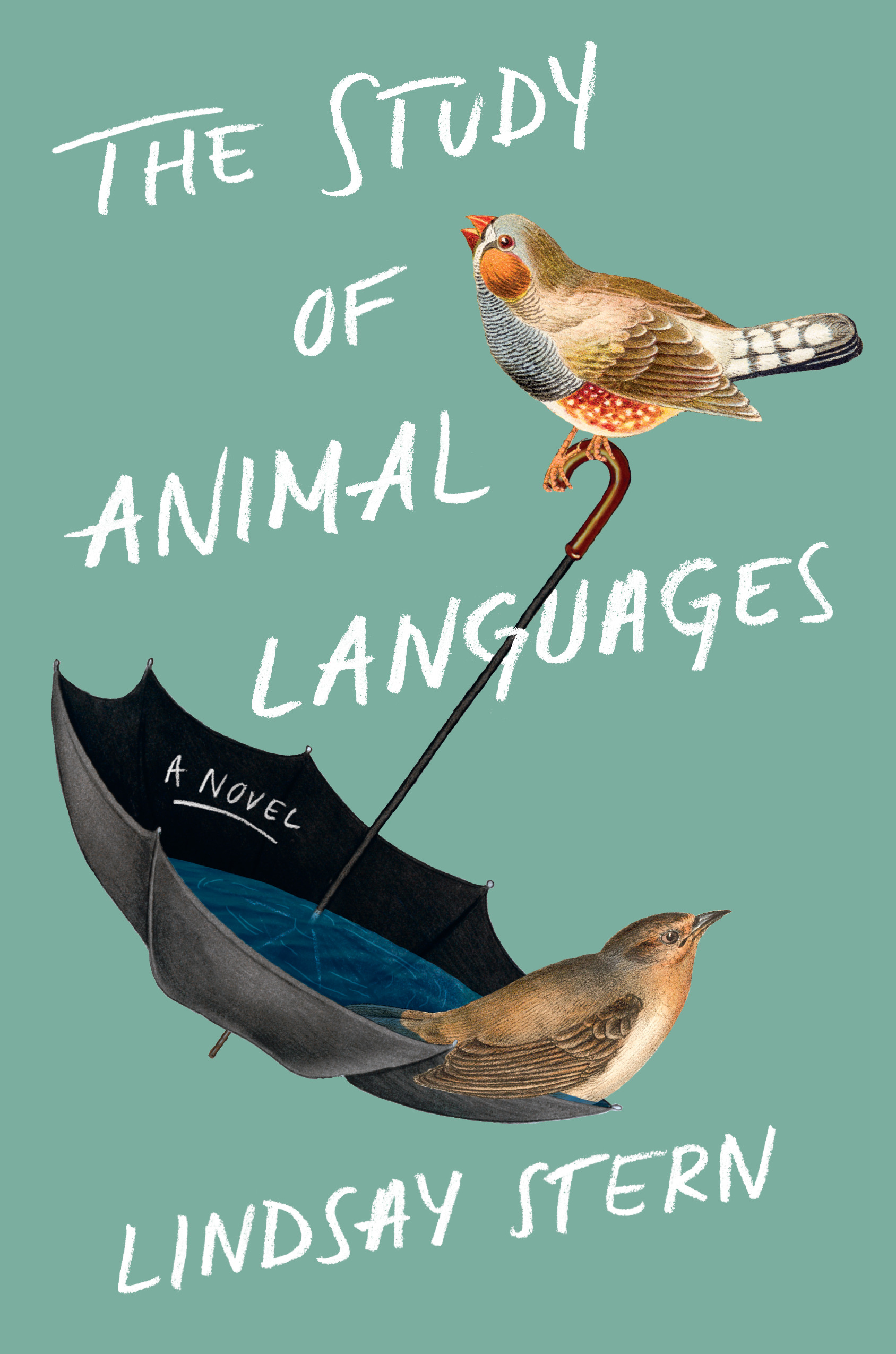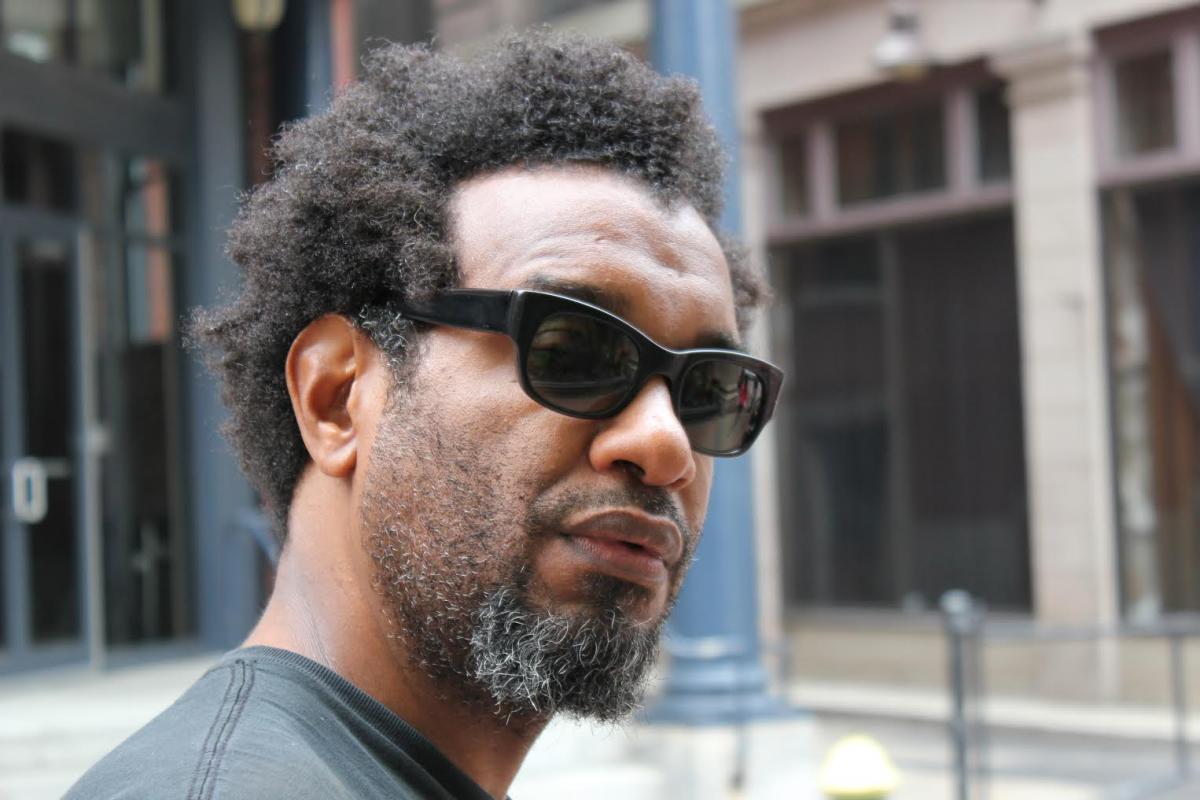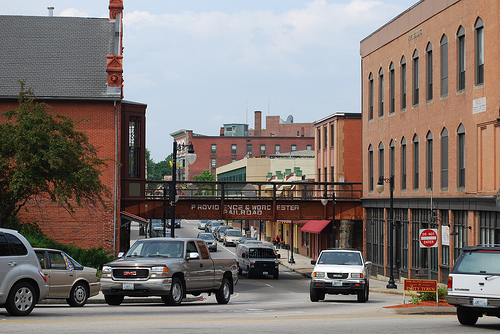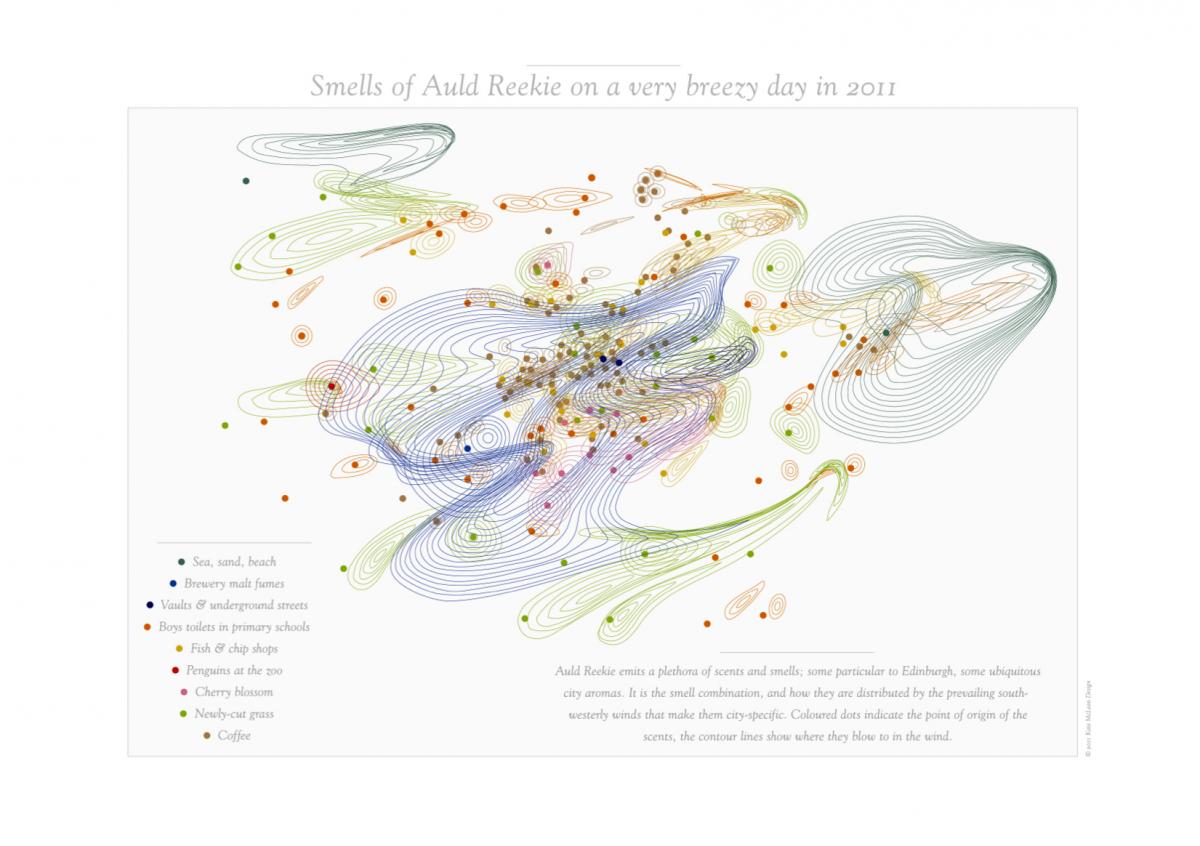By GARY ZEBRUN
Thursday Night Stench
He ate Limburger cheese and smoked fat cigars. When Bruno tossed off his Hush Puppies, ready to pass out on the Lazy Boy, it wasn’t long before the room smelled like boiled cabbage. If he took off his socks, you could see fungus scaling his feet. Close up, his sweat smelled like semen. Not long ago, near Strawberry Fields in Central Park, I was assaulted with the memory of my father sweating shoeless in the recliner. I was passing under two flowering Bradford pears, whose blossoms smelled like dead fish. (To make sure I was right, I looked it up in The Hidden Life of Trees). We called it the Thursday Night Stench because the rest of the week, day and night, he wasn’t home. I’m twenty-eight, and I can’t get near a cigar or look at cabbage without wanting to gag, and the smell of semen, to my chagrin, always reminds me of Bruno.








